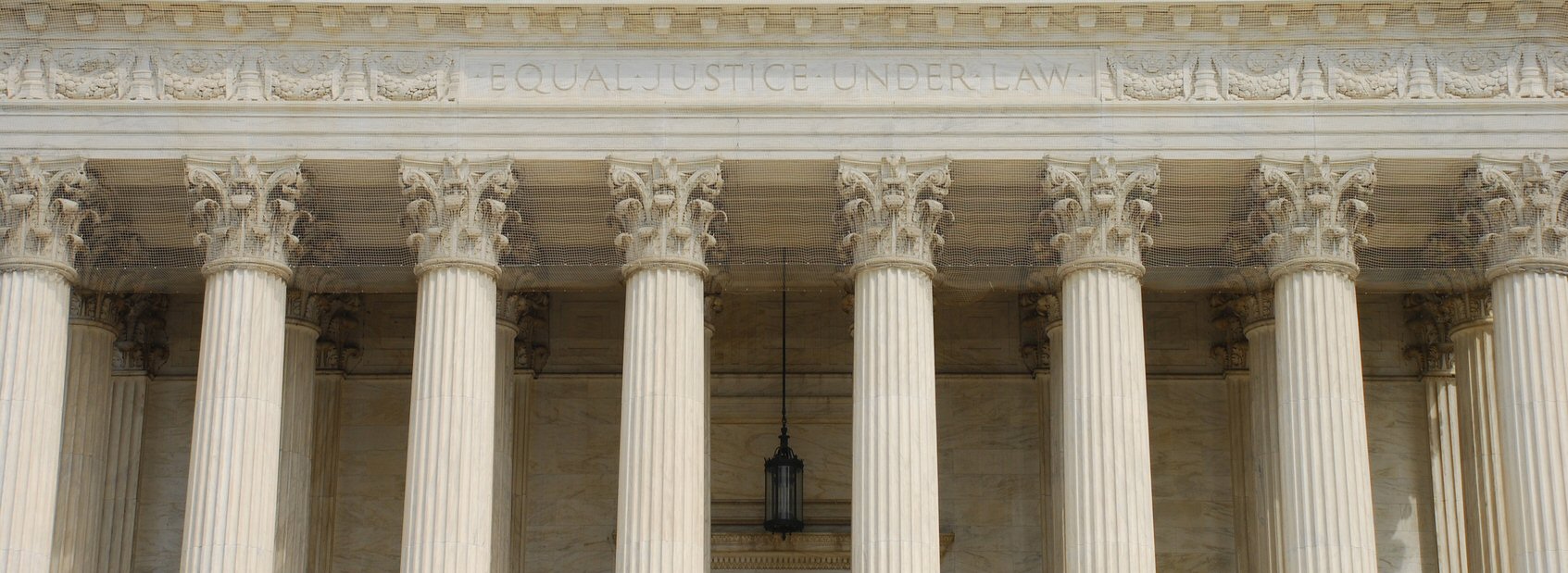Position Statement -2017
Access to Forensic Mental Health Evaluations
A.1533 / S.6300
Oppose
WBASNY strongly opposes those portions of A.1533/S-6300 that provide for release of forensic reports, notes and raw data to the parties, including pro se litigants. We are particularly concerned about the great potential for the intentional or unintentional release of the contents of forensic reports, notes and raw data to the parties’ children and the public. Contempt is not enough of a deterrent, and a contempt proceeding will only add to the cost and delay of custody litigation.
We are particularly concerned that victims of domestic violence will be harmed by this Bill. If parties are given copies of forensic reports, an abuser can easily inflict more abuse on the victim by making the contents of the report public.
Providing forensic evaluation reports to parents directly will have a chilling effect on the use of forensic evaluations, which are an important tool in custody matters, because courts will be reluctant to order forensic reports knowing how they may be misused. The bill will burden overburdened courts with the need to issue protective orders and delay cases, which will harm children and families.
It is not a violation of due process to have pro se litigants and parties read the report in court or an attorney’s office. This is still significant access to the report. There has been a history of extreme caution in protecting the report. Since a pro se litigant has a right to defend or put forth the report, then he/she has a right to view it – but that should be done properly, with safeguards recognizing that both parties and pro se litigants can sometimes lose sight of their children’s interests in favor of their own and use the report in wholly unintended and inappropriate ways, including posting on the Internet.
We firmly believe that the Bill should require counsel and retained experts who receive forensic reports and files to execute confidentiality agreements acceptable to the Court.
We oppose the Bill’s provision that admissibility of forensic reports and files shall be subject to objection pursuant to the rules of evidence and subject to cross-examination. Such a provision will result in trial delays and additional expense.
We do, however, support that portion of the Bill that allows for the release of a forensic examiner’s entire file to counsel only, and to pro se litigants to review in Court prior to litigation. We do not believe that a CPLR 3120 demand is necessary; the forensic examiner’s notes and raw data should be as available to counsel as the report itself. Decisions from Nassau and Westchester counties have directed the release of the entire file to counsel with strong pronouncements in favor of such release: “Custody determinations should not be made based upon a black box. All of the underlying information, which is unquestionably relevant and material, must be provided to counsel, who must be fully equipped to cross-examine the forensic evaluator and establish for the Court, as trier of fact, the credibility and reliability of the opinions and conclusions expressed by the neutral forensic evaluator.” K.C. v. J.C., 50 Misc.3d 892, 25 N.Y.S.3d 798 (Supreme Court, Westchester Co. 2015). We are in favor of a codification of the holding in K.C. v. J.C., and J.F.D. v. J.D., 45 Misc.3d 1212(A) (Supreme Court, Nassau Co. 2014).
We strongly support the proposal contained in the January 2017 Report of the Matrimonial Practice Advisory and Rules Committee (“MPARC”), chaired by the Hon. Jeffrey S. Sunshine. MPARC’s proposal permits attorneys and experts retained to assist attorneys and self-represented parties to have a copy of the forensic report and the forensic examiner’s entire file, without having to make a demand pursuant to CPLR 3120. Represented parties can read and take notes about the report in their attorney’s office; self-represented litigants may read and take notes about the report in the courthouse.
MPARC’s proposal provides that willful failure to comply with a court order conditioning or limiting access to the forensic report shall be contempt of court. However, because the wrongful dissemination of the report may occur well after the case is concluded, the proposal provides that the court shall retain jurisdiction for purposes of an application for contempt. While we agree with MPARC that contempt is not a sufficient remedy for dissemination of the report, we also agree that these additional safeguards are necessary and appropriate.
MPARC’s proposal provides that the written forensic report may substitute for direct testimony at trial, pursuant to 22 NYCRR § 202.16(g) (2).

